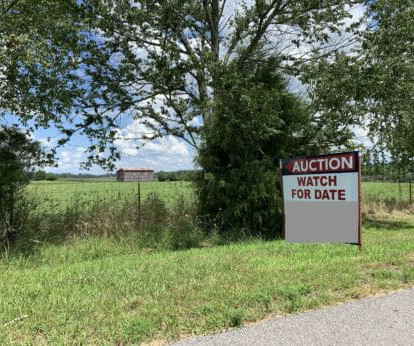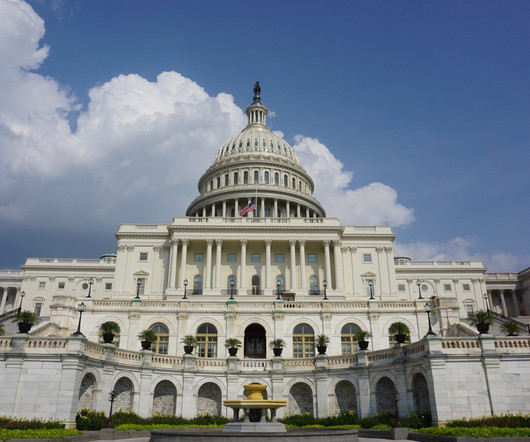Industry Ag News 7/21
Agwired
JULY 21, 2023
There’s been a slight reduction in both sales volume and value growth within the ag real estate market. Those policy actions, combined with depleted consumer savings, tighter commercial bank lending standards and the persistently inverted yield curve are likely to result in a mild recession by the fourth quarter of 2023.












Let's personalize your content